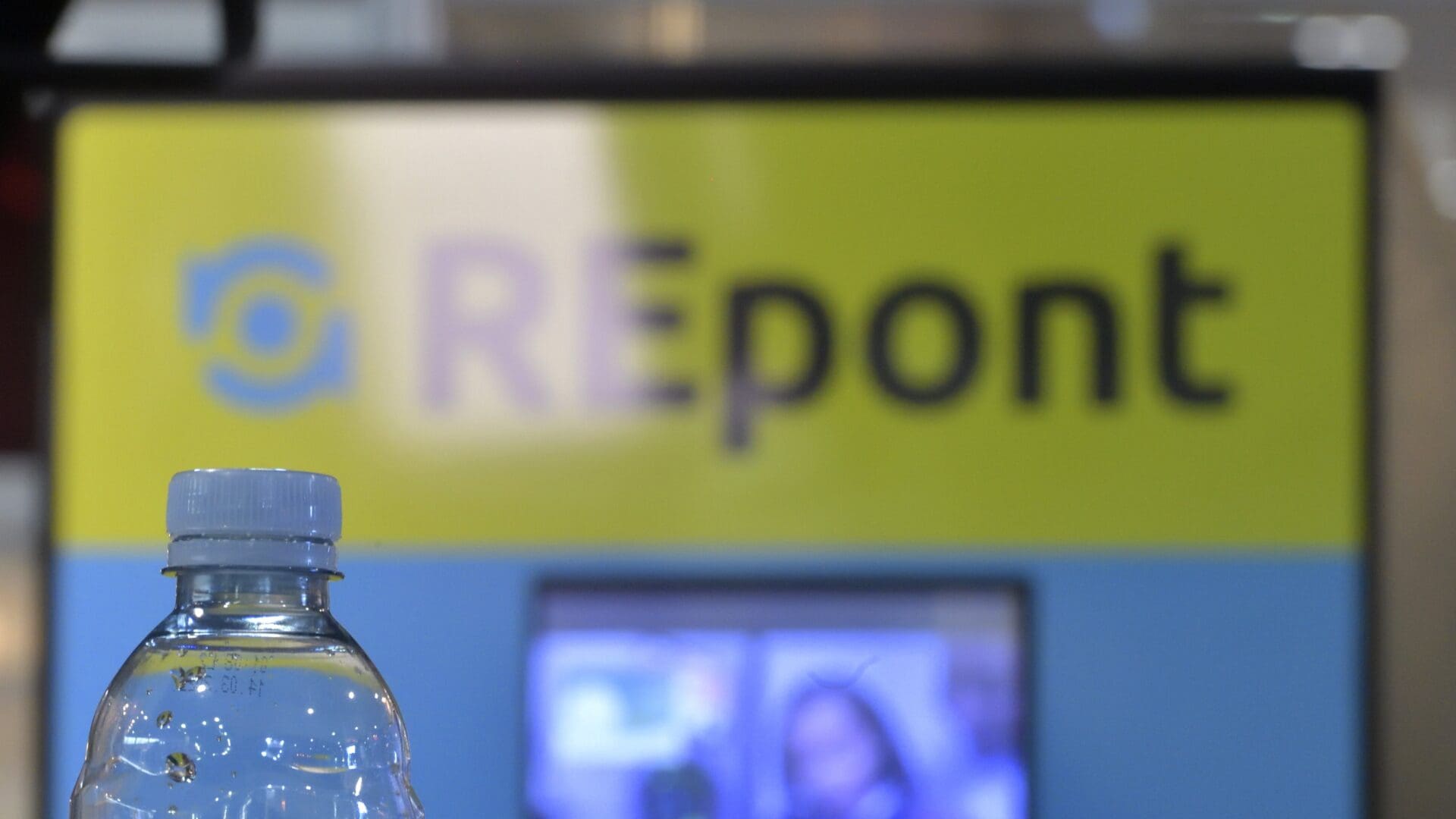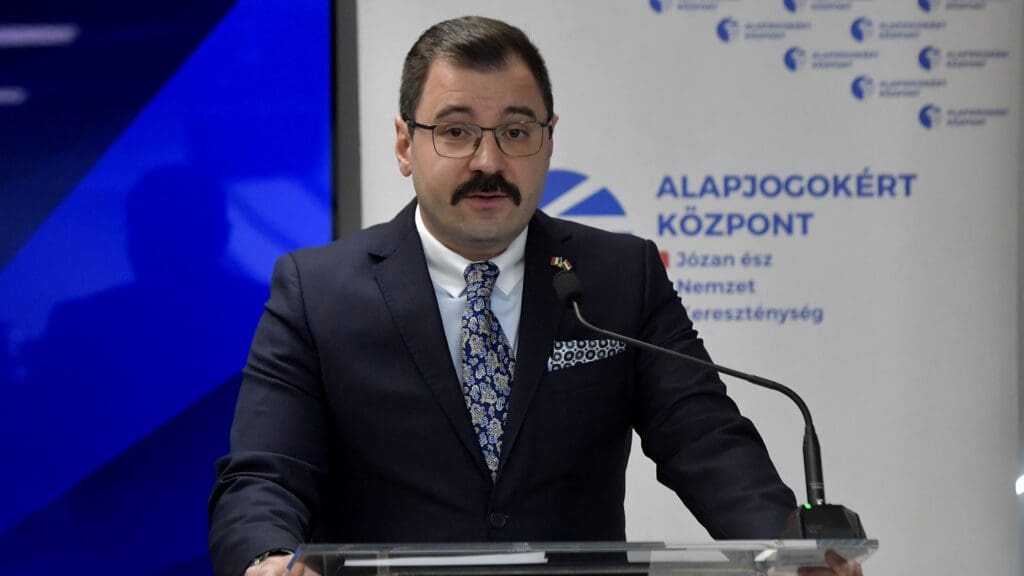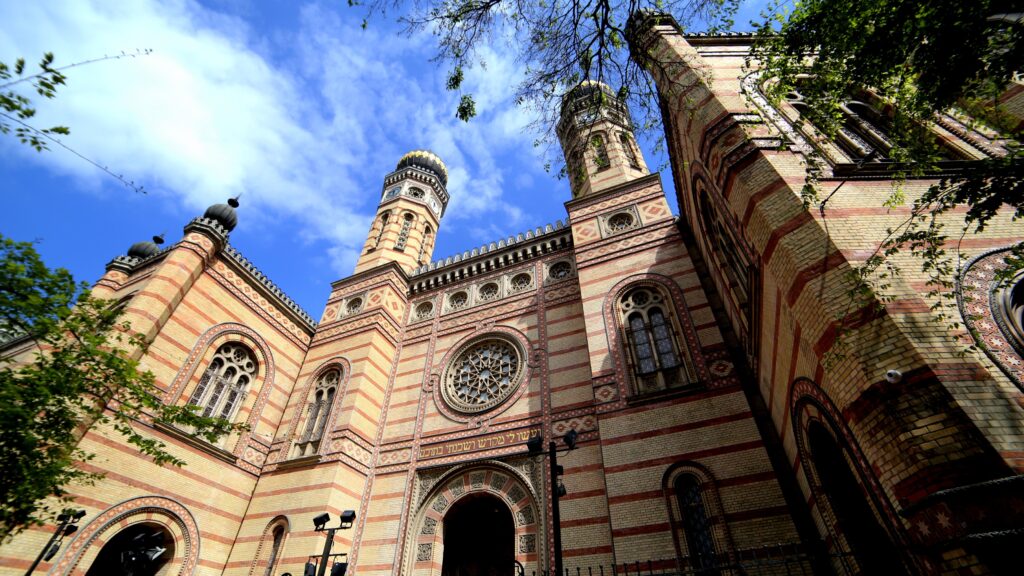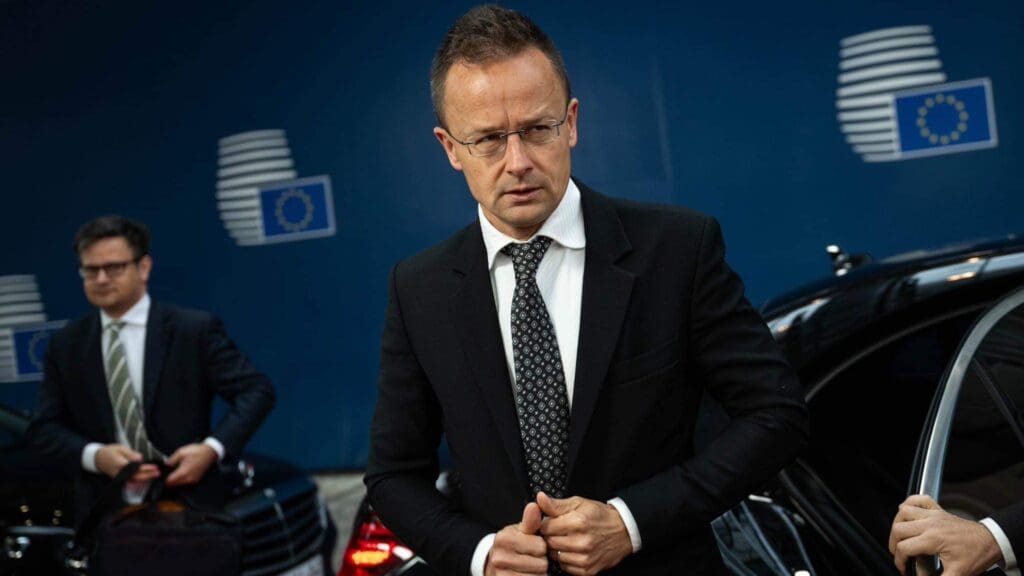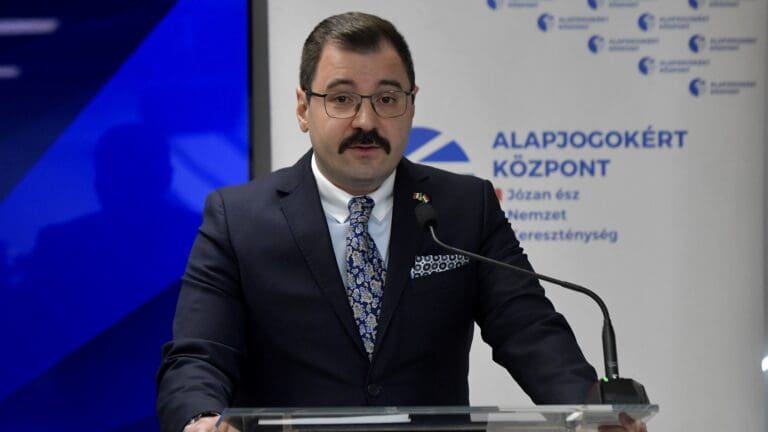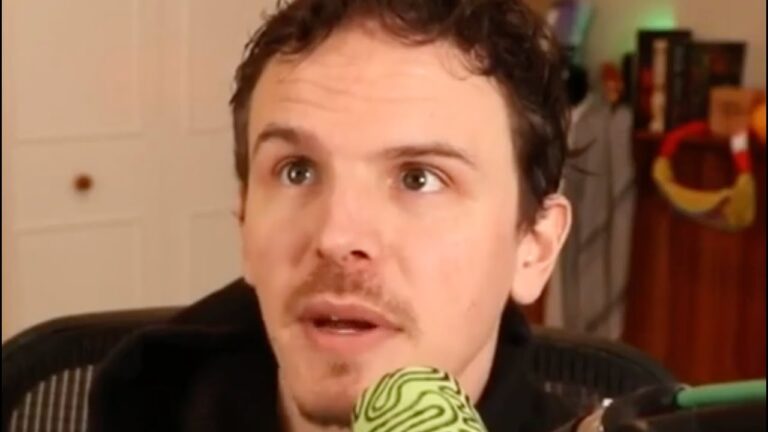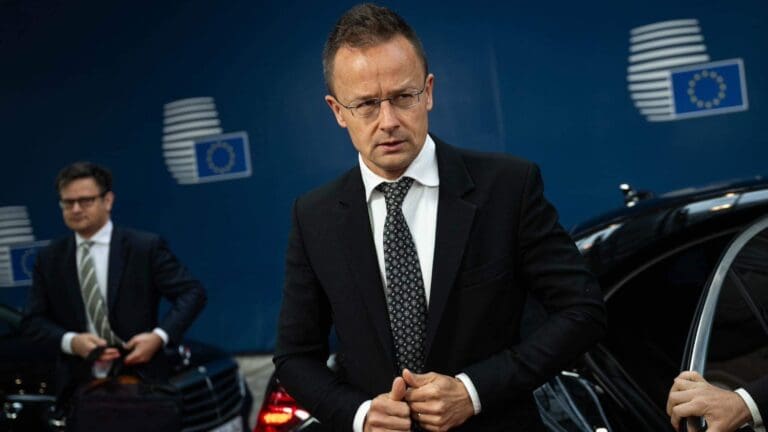As of today, 1 July, beverage bottles, PET bottles, and aluminium cans cannot be placed on the market without a return deposit logo. This topic, along with the new return system, was discussed by former President János Áder and Zsolt Pethő, CEO of MOHU MOL Waste Management Ltd, in the latest episode of the Blue Planet podcast.
Áder, who is the chairman of the Board of Trustees of the Blue Planet Climate Protection Foundation, recalled that MOHU had begun installing return machines after 1 January, but manufacturers lobbied for a six-month delay. Zsolt Pethő stated that the preparation period in Hungary was unusually long, giving manufacturers adequate time to prepare for the 1 July launch. He added that several European countries have introduced the return system,
achieving a return rate of over 90 per cent for single-use beverage bottles.
János Áder noted that there would be a transitional period, as due to products purchased before 1 July, both refundable and non-refundable types of the same products would be on the shelves simultaneously. Zsolt Pethő added that as of today, three thousand REpont machines are becoming operational, mostly in the largest stores, and in a thousand smaller shops or kiosks, bottles can be returned manually. Thus, more than four thousand locations will be able to accept refundable products. Older packaging bottles may still be released from the warehouse, but from around September–October, only bottles with the HUF 50 logo will be on the shelves. The former president emphasized that, unlike before, bottles should not be flattened but placed intact in the machines. Pethő explained that aluminium and glass products can be fully recycled multiple times, but PET bottles can only be recycled four to five times, and the technology is more complex than for glass or aluminium. Áder highlighted MOHU’s goal to increase the proportion of recycled products from the current 32 per cent to 65 per cent over ten years, and reduce landfill from 51 per cent to 10 per cent. Pethő added that in the past year alone, they managed to increase the recycling rate by two per cent, and now less than half of the waste is landfilled.
No Title
Július 1-jétől már nem kerülhet forgalomba olyan italos üveg, PET-palack és alumínium doboz, amely nem visszaváltható. Természetesen a korábban gyártott termékek, amelyek még a boltokban vannak, továbbra is forgalmazhatóak, de figyelni kell arra, melyiken van visszaváltási díjas logo és melyiken nincs.
Among their measures, he mentioned that although mixed selective waste is still collected in bags in over one million households, everyone will receive a bin instead of a bag, as Western European experience shows this increases efficiency. They have achieved a better collection rate for end-of-life vehicles than in the past fifteen years, and nearly 80 per cent of plastic packaging for pesticides is now collected. The CEO also discussed that over the next ten years,
they will invest HUF 185–300 billion to strengthen selective waste collection
and establish 80 waste yards. The first one has already opened in Esztergom. These will accept not only selectively collected waste but also used cooking oil, waste oil, leftover paint, chemicals, pesticides, electronic waste, batteries, and mobile phones. The programme also pointed out that some products, such as jars, will continue to be placed in selective collectors. During the transitional period of a few months, attention must also be paid to the logos on the bottles, as these indicate whether the product is refundable.
Pethő announced that they have asked their partners to place containers next to the machines where non-refundable bottles and flasks can also be disposed of. The CEO mentioned that over six million bottles have already been returned recently, with 400,000 returns per day, soon expected to reach millions daily.
Related articles:

